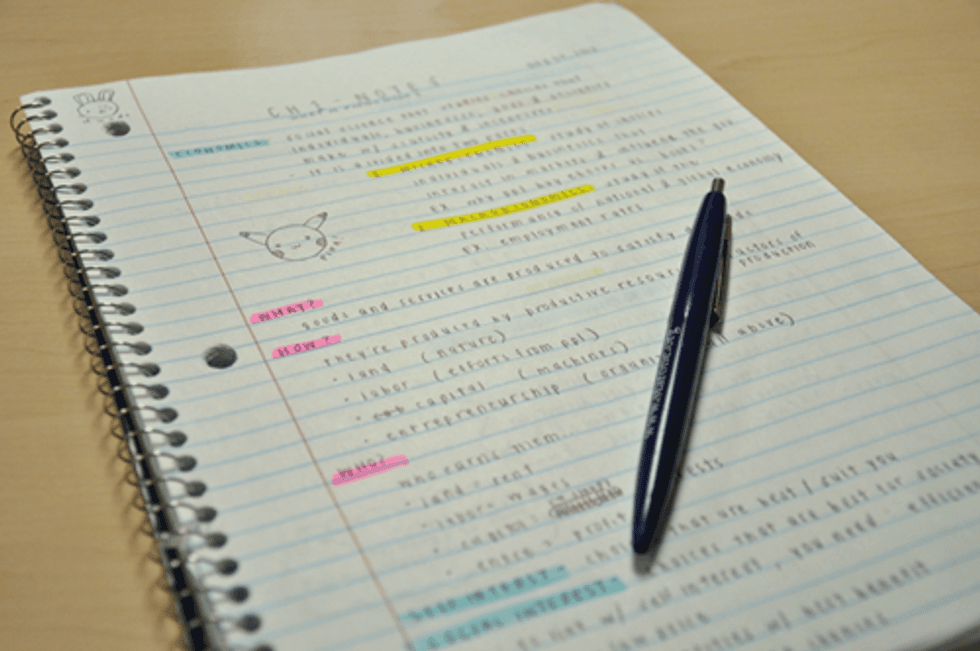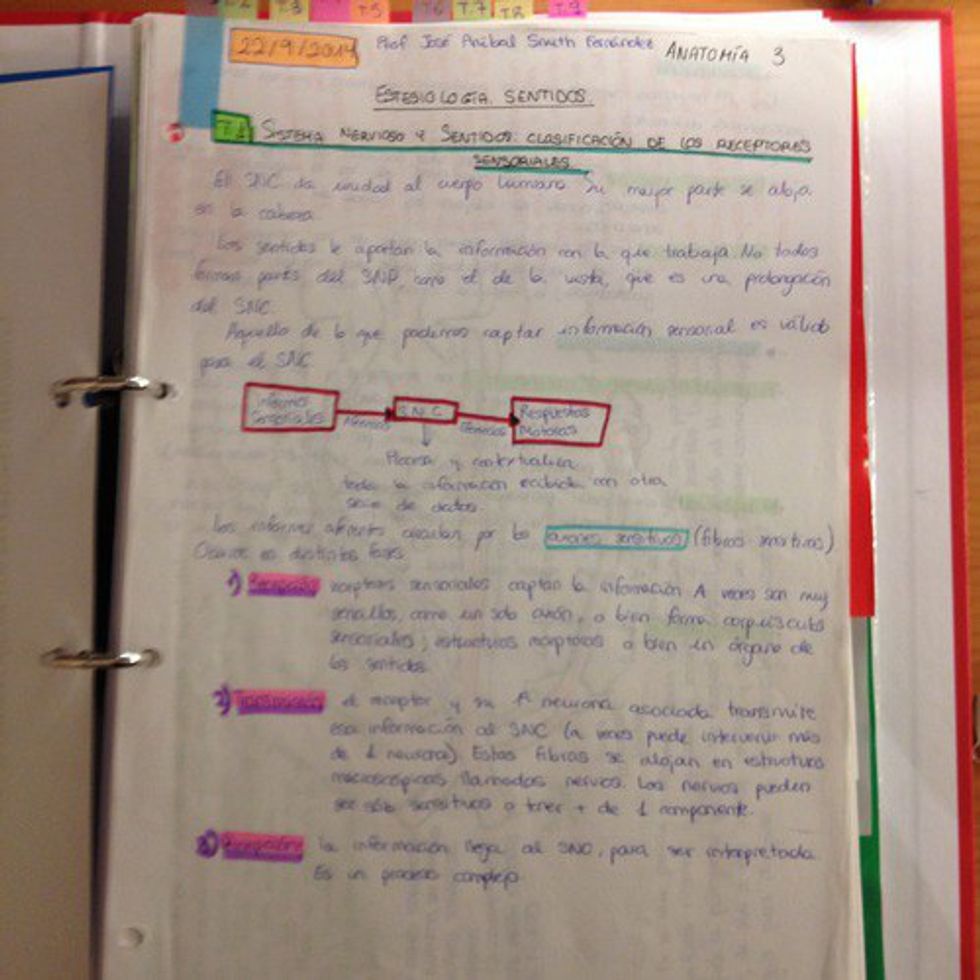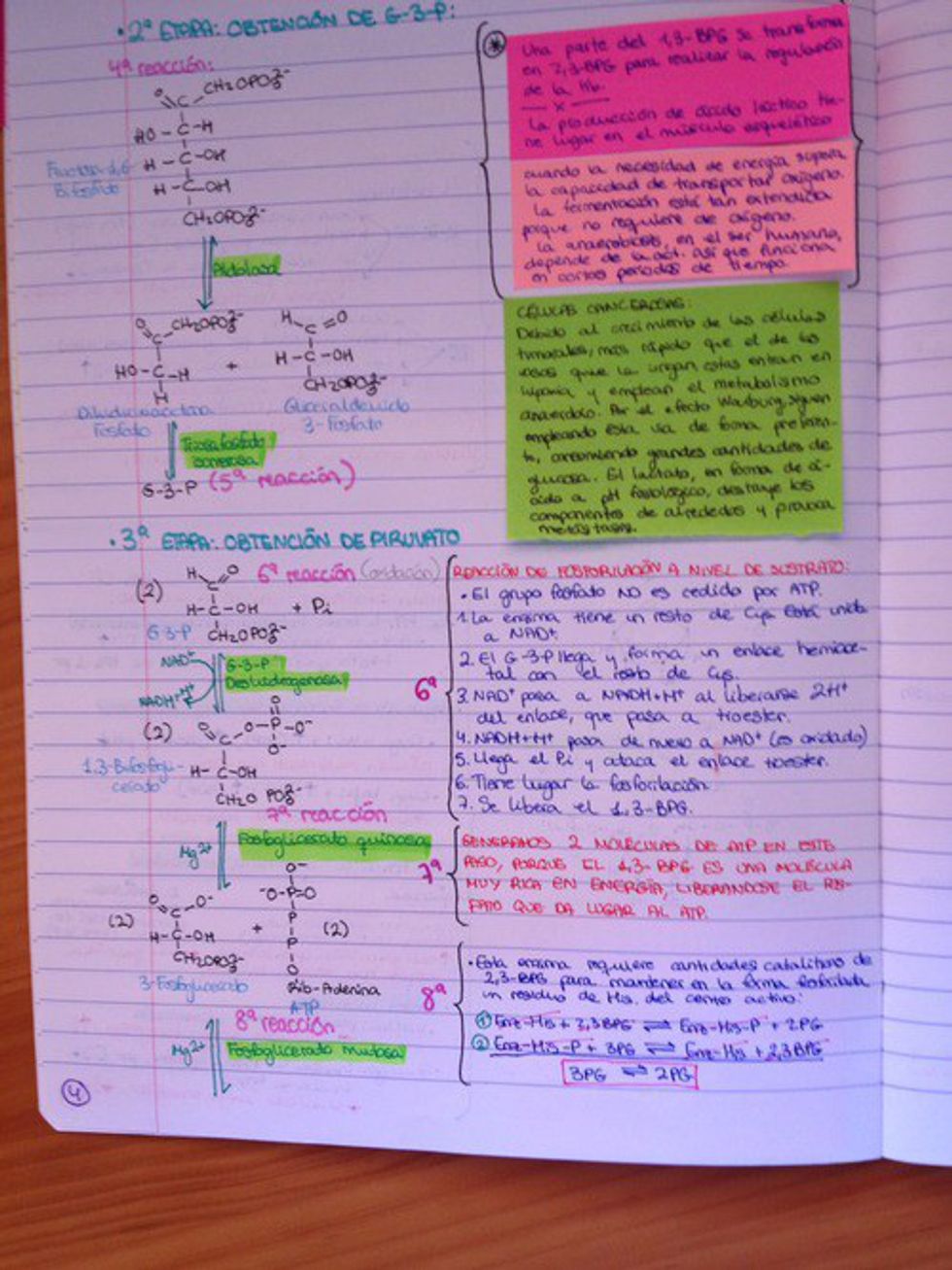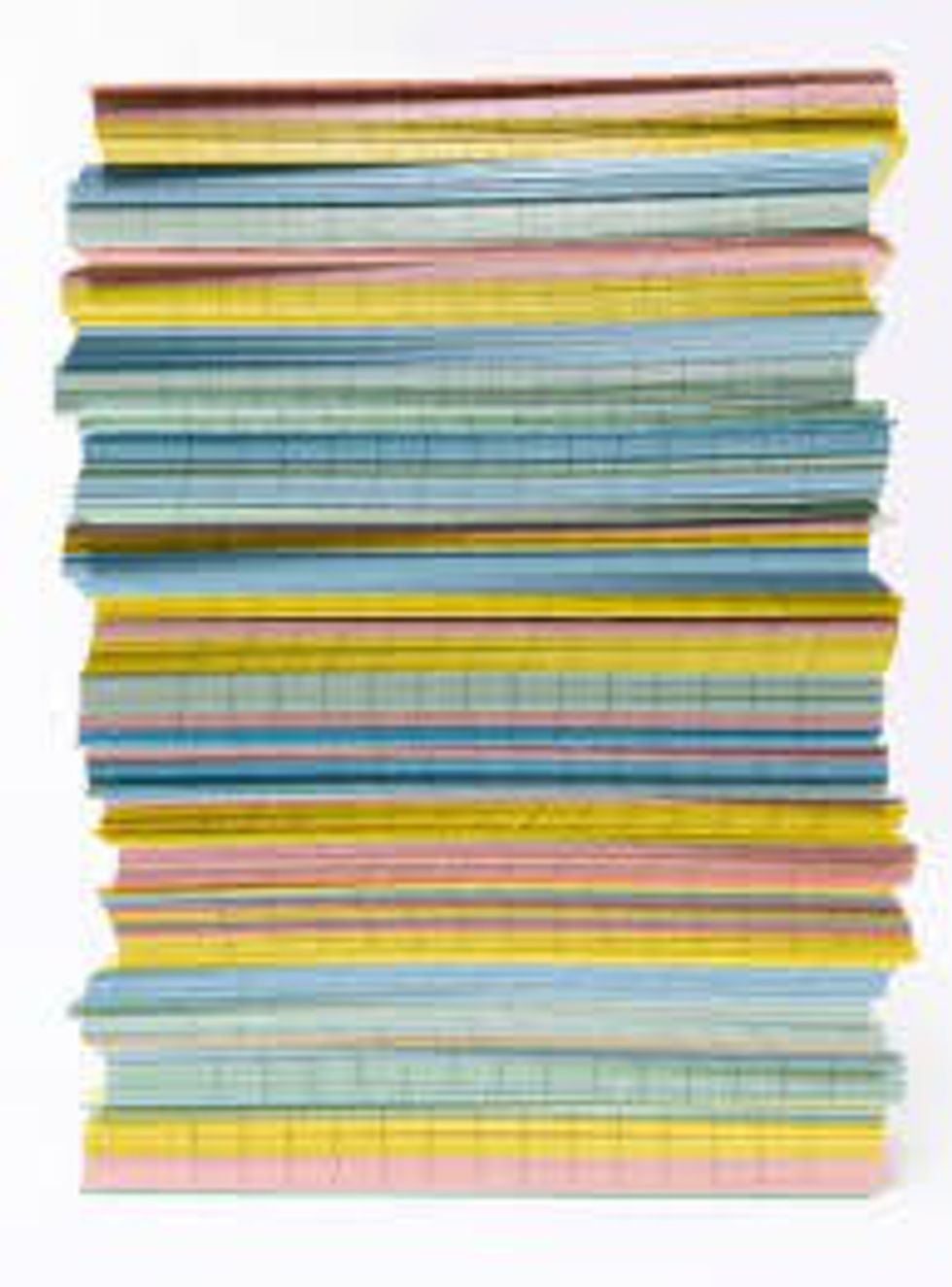Being in college, you have to learn a lot of information in a small amount of time. Exams typically come 4 times a semester for an average class in a 16 week semester, that's a lot of information for one person to learn. For some people school comes easily while for others, it takes a little extra effort. Unfortunately, I am one of those people who need to work a little extra to make an A. It takes a lot of motivation and dedication but knowing that one day you will be doing something you love is so rewarding. Through my 5 semesters at college (and a LOT of hard work), I've gathered 5 strong study tips that have helped my exam grades go up an entire letter grade and have also caused my final grade to be much higher. (Fair warning, these tips help for me but may not work for some left-brained individuals!)
Happy Studying!
1. Rewrite/type up all lecture notes
Not only does this get your brain reviewing the information, but it can help make sloppy lecture notes neater. Some professors go through information so quickly during their lectures that it's nearly impossible to take neat notes, but re-writing them makes the information clear and easy to read.
2. Highlight key points
If a professor clearly states "This will be on an exam" or repeats something multiple times, odds are it will be on the test. Highlighting is an easy way to skim through and find important information quickly. Be careful not to over-highlight. You already have so much information to learn as is, it's easier to focus on the most important parts for an exam first and then go back to learn the small details.
3. Rewrite key points in color
Now this is something that might work better for left-brained individuals as opposed to right brained, but rewriting the key points in different colors has really proven to help me in the past. It's another repetition of the information, but also, I have found it to be easier to remember the color associated with that information. In chemistry, I struggled learning the different intermolecular forces until I associated pink with dipole-dipole, blue with hydrogen bonding and so on.
4. Make flashcards
If you're taking a class with a lot of vocabulary terms, this can be very helpful. In anatomy, we had to learn all of the different hormones in the endocrine system and where they came from in the body, and the stack of flashcards I made was so thick and obnoxious, but it paid off in the end. It's very time-consuming*, but well worth it.
*If you're looking for a less time-consuming option, there are websites which you can make flashcards on, such as Quizlet. It's the same concept, just online or on your phone (Quizlet also has an app, and if you prefer using Quizlet to writing out flashcards, I highly recommend getting the app! You can study on the go!)
5. Write out problems/information on a white board
This may only work for students who are taking a math or science course, but it helps to write out the problems on a white board and stand back to see what you have to fix or have done wrong. Being a science major, I constantly have some sort of problem to solve with an equation and this has always proven to help me learn what mistakes I make along the way. It can also help to have a classmate (or someone else who understands the problem you're trying to solve) alongside to track your progress and assist along the way.















































